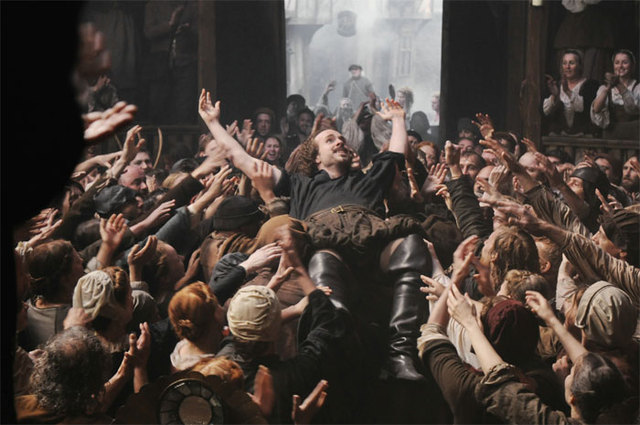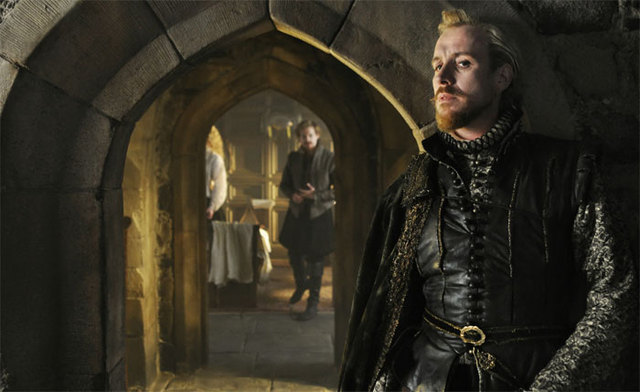Director Of Independence Day Gets All Shakespearean In Anonymous
Shakespeare Was A Fraud, Says The Man Who Showed Us Space Aliens Building The Pyramids


“We are not amused.”

Smells like Teen Spirit.



